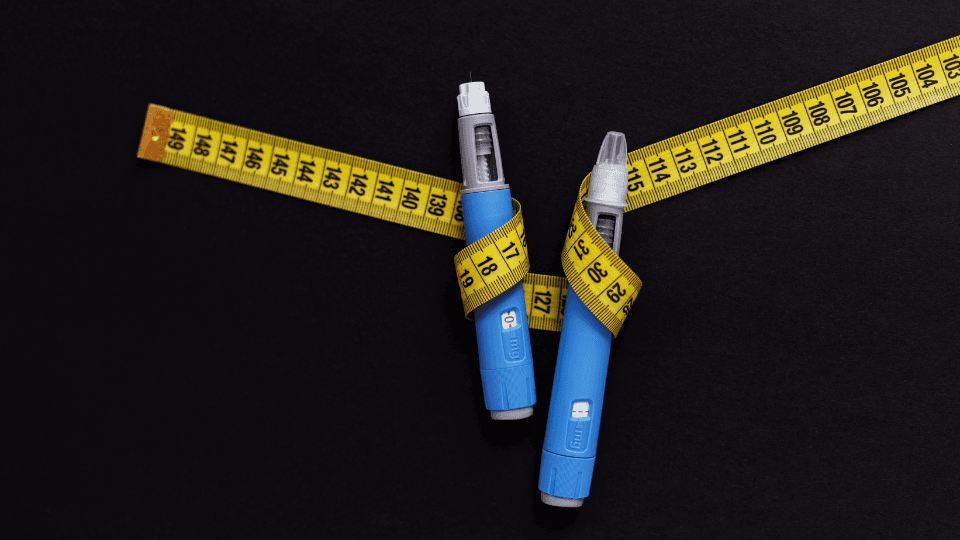Back
Feb 23, 2022
The best medicine

Gabriella Florence | Sports Scientist
Laughter is “a physical reaction characterised by a distinct, repetitive vocal sound, certain facial expressions, and contractions of various muscle groups”. Interestingly, the action of smiling recruits more than 10 different facial muscles, while laughing recruits even more! We all know the saying: “laughter is the best medicine”, but is it based on any scientific truth?
The answer is yes! Numerous studies have quantified the psychological and physiological benefits of laughter. For example, laughter appears to activate reward centres in the brain, leading to a multitude of psychological benefits, including:
Improvements in mood and overall wellbeing scores by 16%.
Improved life satisfaction.
Lowered feelings of depression and anxiety through altering the activity of dopamine (a hormone associated with feelings of reward and motivation) and serotonin (the body’s happiness hormone).
Diminished stress levels.
There are also a number of physiological benefits of laughing, like:
Decreases in cortisol levels (stress hormone) by 28%-63%.
Increase in the number of immune response cells, such as natural killer cells (improving our ability to fight diseases).
Lower prevalence of cardiovascular diseases (in comparison to those who did not often laugh).
Improved pain tolerance through reduced muscle tension and the release of endorphins (the body’s “feel-good” hormones and natural pain relievers).
Laughter interventions can follow the same FITT principle that is used for exercise programs. Importantly, the effectiveness of a laughter intervention may depend on how it is tailored to account for the type of humour the individual enjoys and how it fits into the individual’s schedule.
An example of a laughter prescription is outlined below:
[F] Frequency: how often you plan on laughing, ranging from daily to weekly.
[I] Intensity: do you plan on having a gentle chuckle, belly laughing, or a rolling-on-the-floor type of laugh?
[T] Time: how long do you plan on laughing? (this may very well depend on how funny the situation is).
[T] Type: decide what type of humour you would like to engage in – perhaps a funny movie, a comedy show, or a dad joke you found on the internet.
In summary, laughter appears to be a promising therapy technique with positive effects on both psychological and physiological health. Although further studies are warranted, it should be noted that there is simply nothing to lose by laughing (or at the very least trying). Aside from laughter’s natural, readily available, and no-cost nature, there have been no reports of any health risks or consequences associated with laughing. Perhaps it is time that we start taking laughter a little more seriously.
“Laughter is like a windshield wiper; it doesn’t stop the rain, but it allows us to keep going”.













